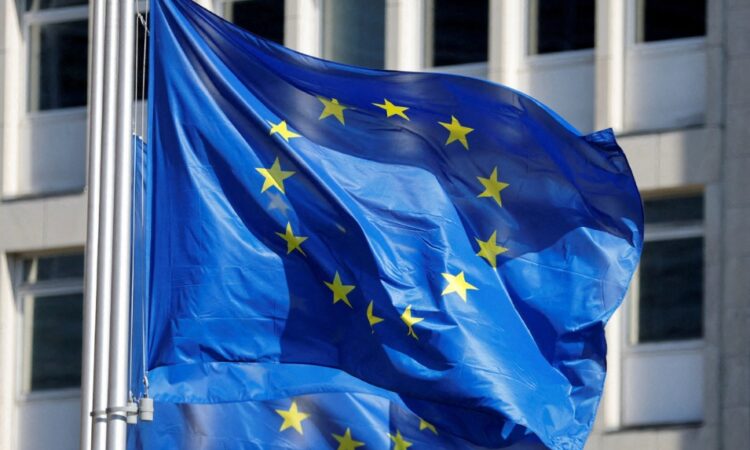
The European Union has decided to loosen its strict fiscal rules to make it easier for member nations to fund their rebuilding efforts after the ravages of the COVID-19 pandemic, and to ensure they can cope with high energy costs attributed to the Russia-Ukraine conflict.
The relaxation of rules, which were in place for two decades, was agreed by finance ministers from the bloc”s 27 member countries on Wednesday.
The overhaul followed lobbying from countries grappling with record debt, but needing to fund initiatives to battle climate change and modernize their industrial and security infrastructure.
Reuters reported that the changes mean nations will get more time to reduce their debts and deficits, and be better able to attract additional investment.
“We have now reached a good agreement on the EU’s fiscal rules (that) provides for fiscal rules that encourage reforms, with room for investment and tailored to the specific situation of the member state in question,” Dutch Finance Minister Sigrid Kaag told Reuters.
The rules will allow more time for debts to be paid off, an issue that became something of a standoff between fiscally prudent nations in the EU’s north and free-spending countries in the south.
The deal followed France and Germany reaching a compromise, and will now be debated and fleshed out in the European Parliament before becoming law, which could happen in 2025, The Associated Press reported.
Valdis Dombrovskis, executive vice-president of the EU’s executive, the European Commission, said: “Once this agreement is formalized into a general approach, which should happen very soon, negotiations can begin with the European Parliament, so that EU member states have clarity and predictability on their fiscal policies for the years ahead.” The rules will likely include a requirement for nations to target debts of no more than 1.5 percent of gross domestic product, although they will be able to extend their debts to 3 percent of GDP in special circumstances. Countries will have to set a four-year fiscal plan alongside the EU’s commission that could later be extended to a seven-year plan if the nation is deemed to be committed to growth-enhancing reforms and investments that match the bloc’s priorities.
The reforms, called the Stability and Growth Pact, are aimed at making sure countries do not devalue the euro.






